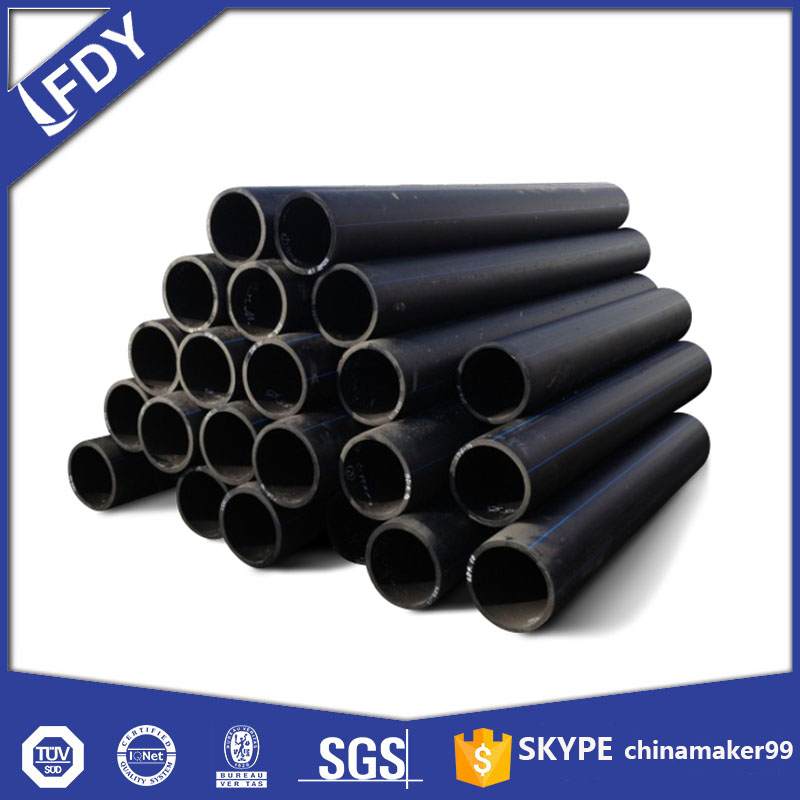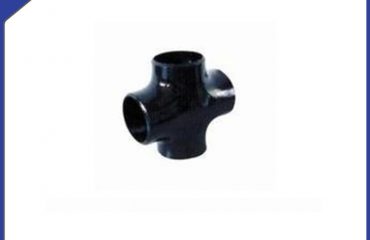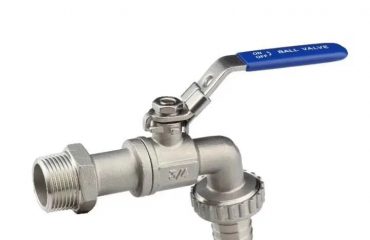
Steel pipes are an integral part of modern industrial and civil infrastructure. They are used in a wide range of applications, from transporting fluids and gases to providing structural support, and their importance cannot be overstated.
The Production Process of Steel Pipes
The production of steel pipes involves several methods, with seamless and welded pipes being the two main types. Seamless steel pipes are made by piercing a solid billet of steel to create a hollow tube. This process gives the pipes a continuous structure without any weld seams, making them highly resistant to pressure and suitable for applications where integrity under high stress is crucial, such as in oil and gas pipelines. Welded steel pipes, on the other hand, are produced by rolling a flat steel sheet into a cylindrical shape and then welding the edges together. Depending on the welding method used, such as electric resistance welding (ERW) or submerged arc welding (SAW), welded pipes can offer different levels of strength and quality, and are often more cost – effective for large – scale production.
Types and Their Characteristics
Steel pipes come in various types, each designed to meet specific requirements. For example, carbon steel pipes are widely used due to their good mechanical properties and relatively low cost. They are suitable for general – purpose applications like water supply systems in buildings. Alloy steel pipes, which contain additional elements such as chromium, nickel, or molybdenum, offer enhanced strength, corrosion resistance, and heat resistance. These are commonly used in industries where pipes are exposed to harsh environments, such as chemical processing plants. Stainless steel pipes, known for their excellent corrosion resistance, are ideal for applications in the food and beverage industry, where hygiene and resistance to rust are essential, as well as in marine environments.
Applications in Diverse Industries
In the energy sector, steel pipes play a vital role. Oil and gas pipelines, often made of high – grade steel pipes, transport these valuable resources over long distances from production sites to refineries and distribution centers. In power generation plants, steel pipes are used in boiler systems to carry steam and hot water, as they can withstand high temperatures and pressures. In the construction industry, steel pipes are used for structural purposes, such as in the frameworks of buildings and bridges. They provide the necessary strength and stability while also being lightweight enough to facilitate construction. Additionally, in the water supply and sewage systems, steel pipes ensure the safe and efficient transportation of water and waste, maintaining the functionality of urban infrastructure.
The Significance of Steel Pipes in Modern Society
Steel pipes are the unsung heroes of modern infrastructure. Their ability to transport essential resources, provide structural support, and withstand harsh conditions makes them indispensable. As industries continue to grow and urbanization expands, the demand for high – quality steel pipes will only increase. Innovations in steel manufacturing processes and materials are constantly improving the performance of steel pipes, allowing them to meet even more stringent requirements in terms of strength, durability, and corrosion resistance. In conclusion, steel pipes are not only a fundamental component of industrial and civil construction but also a key enabler for the development and progress of modern society.
 Language
Language Espanol
Espanol English
English Italian
Italian عربى
عربى
 Skype: chinamaker99
Skype: chinamaker99  Tel: 86-316-5120812
Tel: 86-316-5120812  Email:
Email:  Whatsapp:
Whatsapp: 
